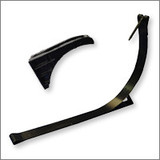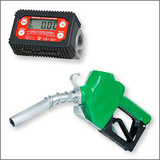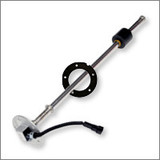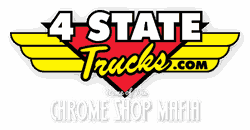
Western Star Constellation Truck Fuel Tanks
-
 Western Star Constellation Fuel Tank Brkt-Strap
Western Star Constellation Fuel Tank Brkt-Strap
-
 Western Star Constellation Fuel Tank Covers- Bras
Western Star Constellation Fuel Tank Covers- Bras
-
 Western Star Constellation Fuel Tank Fairings
Western Star Constellation Fuel Tank Fairings
-
 Western Star Constellation Truck Fuel Tank Acc.
Western Star Constellation Truck Fuel Tank Acc.
-
 Western Star Constellation Truck Fuel Tank Caps
Western Star Constellation Truck Fuel Tank Caps
-
 Western Star Constellation Truck Fuel Tank Senders
Western Star Constellation Truck Fuel Tank Senders



